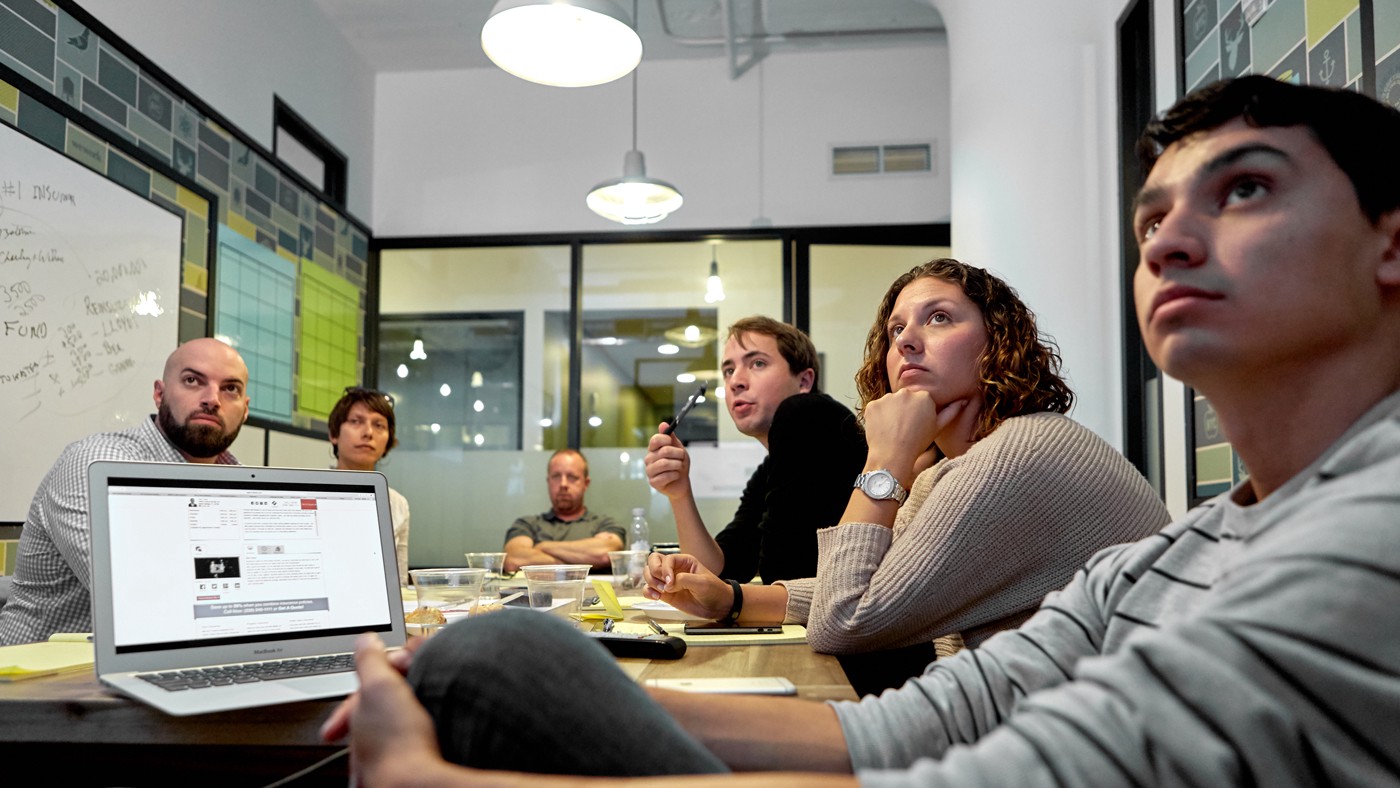The Role of Business Strategy in Design

Hey Anne,
I found you through a Google search recently and I’d like to talk about hiring your firm. My company needs someone to help us cross the waters in the next few months and it looks like you can help. Can we talk?
Thanks,
Stephen
Anne had received similar emails in the past. Knowing this was right up her alley, she hopped on a call with Stephen to chat. They discussed her method of crossing the water, how many people she’d helped in the past, etc. The conversation left Stephen impressed so they decided to do business together.
The project came to an end and Anne delivered the boat Stephen would need to get across the water. He saw her final product and was taken aback. After a long pause, he finally broke the bad news.
This is not what we expected nor what we need. Don’t get me wrong; your work is beautiful. But we need a sea freight to get cargo across the ocean — not a cruise ship for luxury. The size is about right and it will carry the right number of people, but this doesn’t help our business at all.
Design is a tool. If used effectively it can help organizations achieve great things. For example, a well designed cruise ship can make the experience of a getaway a great joy. A well designed sea freight can maximize the number of goods transferred while minimizing the amount of time needed for the transfer. While both cross the seas, these two vessels are very different.
If your design partner doesn’t know your strategy, you prevent almost all opportunities for innovation.
A good design partner will spend more time than Anne did exploring Stephen’s needs. Even though Stephen thought he could clearly express his needs to Anne, he left out some details which, to him, were obvious. Unfortunately what’s obvious to one person is often hidden to another.

Your business structure, strategy, and goals play a significant role in the decisions and plans of a design partner. My agency, Focus Lab, is in the business of helping people get from one point to another and we do this with design. Because this is our business, we often know better than our clients/partners whether they’ll need a motorcycle, car, plane, train, boat, ship, or a combination of these things.
What’s more, sometimes a new venture is so unique that the design firm creates an unheard of form of transportation. Imagine if Phileas Fogg, of Jules Verne’s “Around the World in Eighty Days,” found someone to turn his adventure into the first transatlantic flight — rather than just traveling by rail and steamship. If your design partner doesn’t know your strategy, you prevent almost all opportunities for innovation.
Design is a tool. If used effectively it can help organizations achieve great things.
At Focus Lab we love questions. We ask lots of them and enjoy when they’re asked of us as well. Here are some examples of questions you could expect from us if we were discussing your business and determining how we could help you move forward:
These are just the tip of the iceberg when it comes to getting everything on the table. They give a decent glimpse into the types of questions you should be ready to discuss though.
When searching for a design partner, be ready to discuss your business’s strategy, goals, etc. It will only help you both produce something successful.
© 2025 Erik Reagan unless otherwise noted
Some of the links on my site are "affiliate links." This means if you click on the link and purchase the item, I will receive an affiliate commission. It's basically peanuts, but every little bit will help as I work on self-publishing my first book.